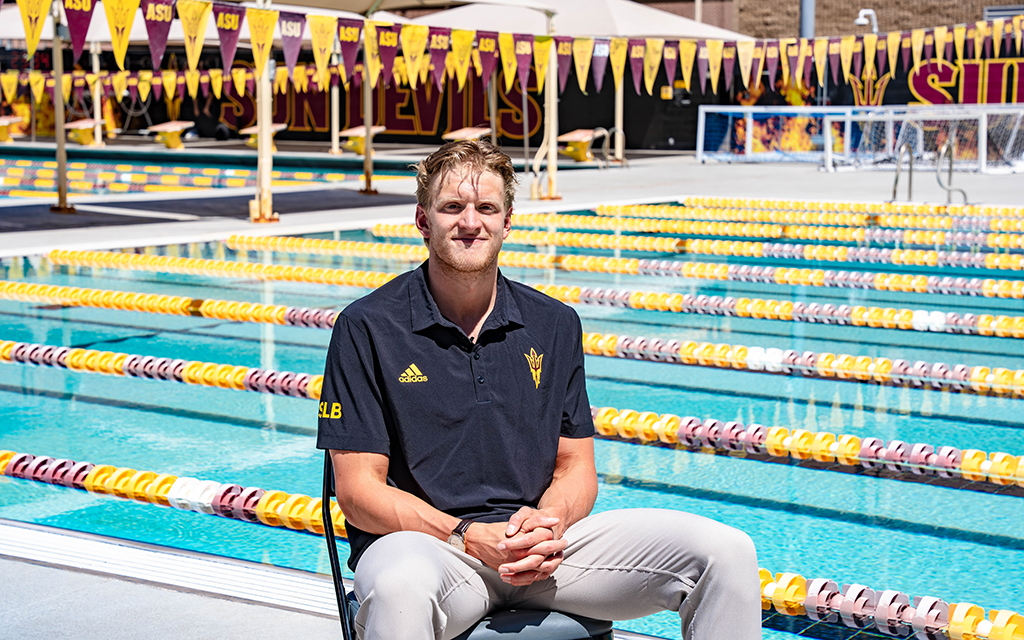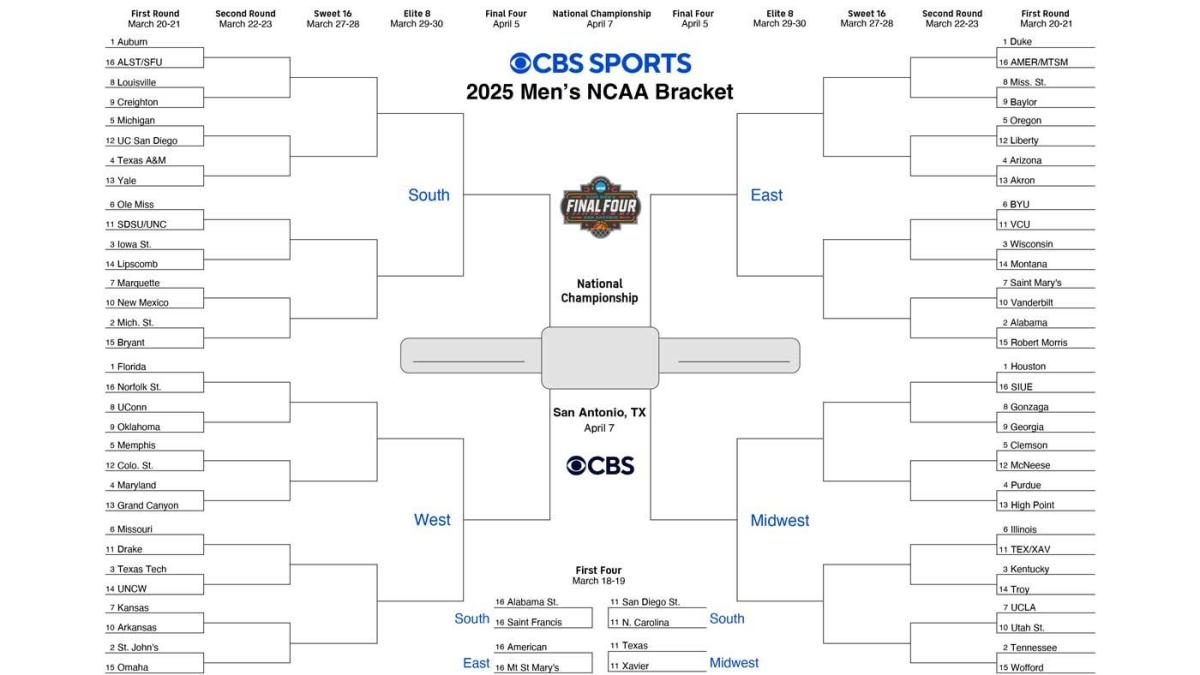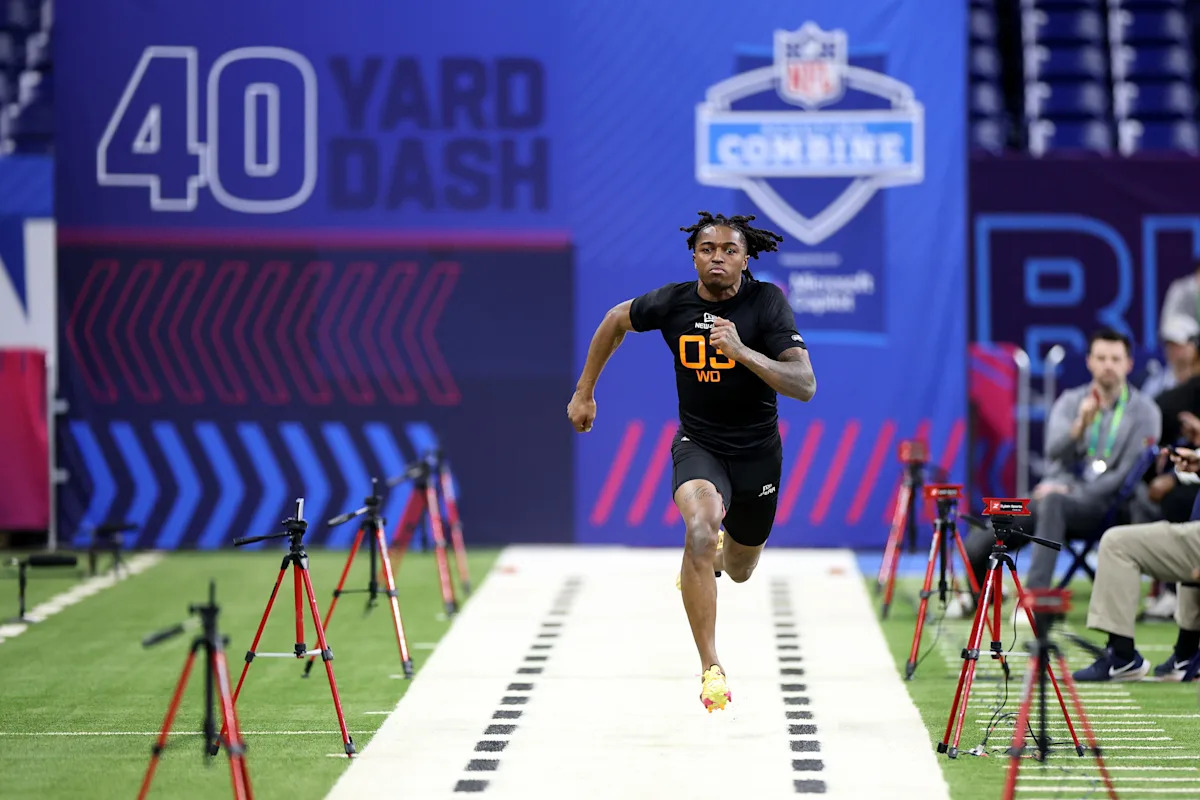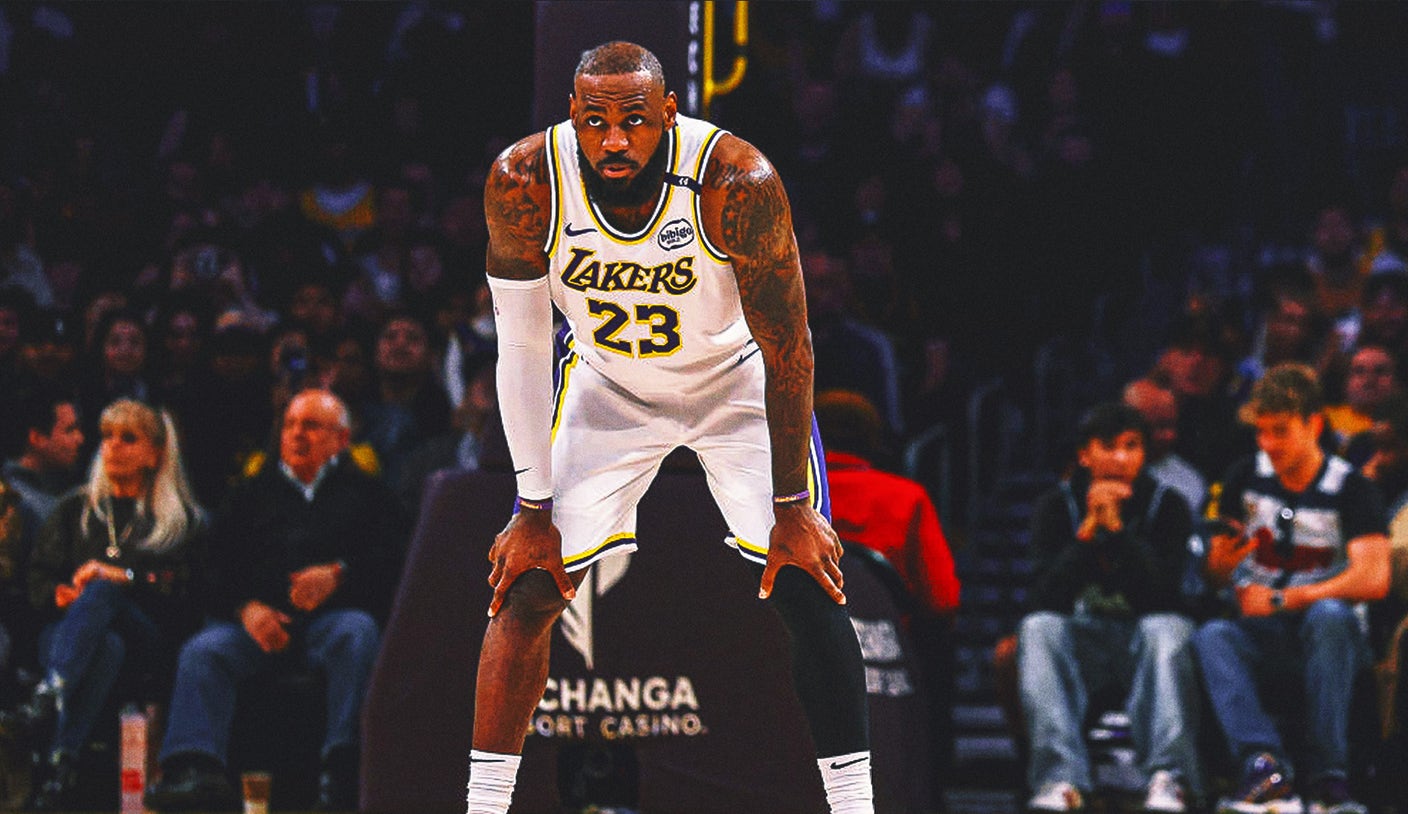Sports
2025-04-16 23:27:10
Content

In a groundbreaking legal development, former Arizona State University swimmer Grant House is set to finalize a landmark settlement against the NCAA that promises to revolutionize college athletics. This pivotal case marks a transformative moment for student-athletes, who will now be directly compensated by their universities, signaling a dramatic shift in the long-standing amateur sports model.
House's lawsuit represents more than just a personal victory; it symbolizes a seismic change in how collegiate sports organizations view and value their athletes. By challenging traditional restrictions on athlete compensation, this settlement opens the door for student-athletes to receive financial recognition for their talents, hard work, and contributions to their academic institutions.
The implications of this settlement extend far beyond a single swimmer's legal battle. It signals a new era of empowerment for college athletes, who have long been restricted from monetizing their athletic abilities while generating significant revenue for their schools and the NCAA.
Landmark NCAA Settlement: A Seismic Shift in College Athletics Compensation
In a groundbreaking legal development that promises to revolutionize collegiate sports, a pivotal lawsuit spearheaded by former Arizona State University swimmer Grant House is poised to fundamentally transform the economic landscape of university athletics, signaling an unprecedented era of direct athlete compensation.
Breaking Barriers: The Future of Collegiate Sports Compensation Unveiled
The Legal Battleground: Challenging NCAA Compensation Restrictions
The legal challenge initiated by Grant House represents more than just an individual athlete's pursuit of fair compensation. It symbolizes a broader movement challenging long-standing NCAA regulations that have historically prevented student-athletes from monetizing their athletic talents. For decades, universities have generated substantial revenues through athletic programs while athletes remained largely uncompensated beyond scholarships.
The lawsuit exposes systemic inequities within collegiate athletics, highlighting the economic disparities between institutional revenues and athlete compensation. By targeting these restrictive policies, House and his legal team have effectively challenged a decades-old model that treated student-athletes as amateur performers despite generating millions in revenue for educational institutions.
Economic Implications for University Athletic Programs
The impending settlement will trigger profound structural changes across collegiate sports ecosystems. Universities will now be required to directly compensate athletes, fundamentally restructuring financial models that have remained unchanged for generations. This transformation extends beyond monetary considerations, representing a philosophical shift in how athletic talent is valued and rewarded.
Financial experts predict significant administrative restructuring as institutions develop comprehensive compensation frameworks. Athletic departments will need to develop sophisticated compensation strategies that balance institutional budgets with fair athlete remuneration, potentially requiring complex financial modeling and innovative approach to talent management.
Broader Impact on Student-Athlete Rights and Opportunities
Beyond immediate financial implications, the settlement represents a watershed moment for student-athlete empowerment. Athletes will gain unprecedented economic agency, potentially transforming their collegiate experience from purely athletic participation to a more holistic professional development opportunity.
The decision could catalyze broader conversations about athlete rights, potentially inspiring similar legal challenges in other collegiate sports domains. By establishing a precedent of direct compensation, the settlement may accelerate ongoing discussions about athlete representation, collective bargaining, and long-term career development strategies.
Navigating Uncharted Territories: Potential Challenges and Adaptations
While the settlement promises significant opportunities, it also introduces complex implementation challenges. Universities must develop transparent, equitable compensation frameworks that consider individual athletic contributions, market values, and institutional resources.
Potential complications include determining fair compensation metrics, managing potential disparities between revenue-generating and non-revenue-generating sports, and ensuring compliance with emerging regulatory landscapes. Athletic administrators will need unprecedented levels of financial and legal sophistication to successfully navigate these transformative changes.
Cultural Transformation in Collegiate Athletics
The settlement transcends mere financial restructuring, representing a profound cultural shift in how society perceives student-athletes. No longer viewed as amateur performers, athletes will be recognized as professional-level performers deserving comprehensive compensation and respect.
This cultural evolution could fundamentally reshape recruitment strategies, athlete development programs, and the overall perception of collegiate athletics as a potential career pathway. Universities may need to develop more holistic support systems that integrate athletic performance with academic and professional development.









